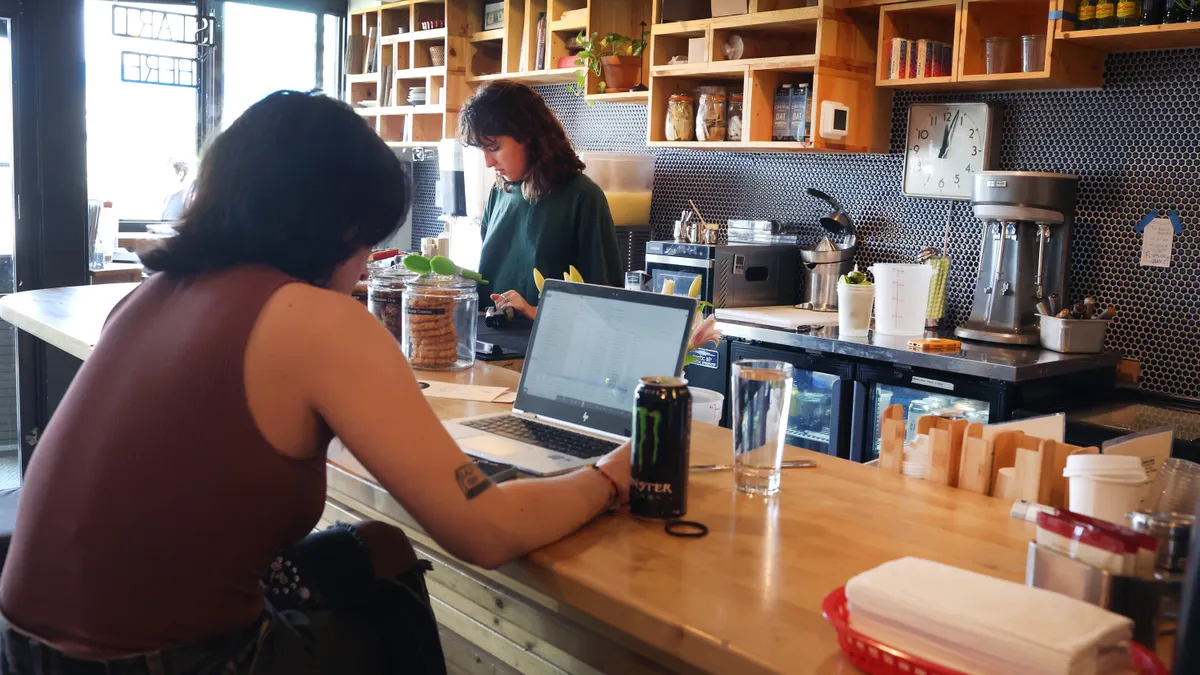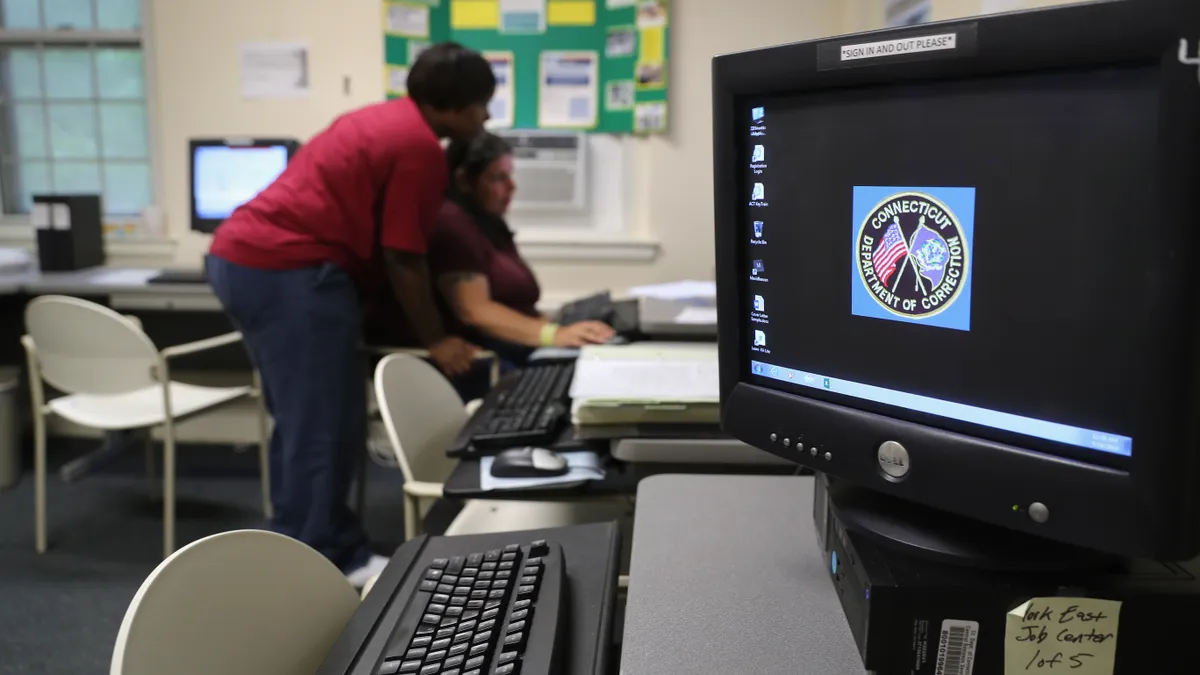The COVID-19 pandemic has disrupted all manner of talent development and acquisition activities, including internship programs.
Talent acquisition software firm Yello found in an April survey of college students that more than one-third (35%) of those who had accepted internship offers had seen their internships canceled, while 24% said their internships would be virtual. A separate April poll of employers by the National Association of Colleges and Employers found 22% of employers revoked offers to interns but that generally, "employers are adapting their summer 2020 internship programs by moving as much programming to a virtual space as possible."
Indeed, a number of larger employers have announced in recent months an intent to move internships to virtual status, similar to other roles. Microsoft, which was set to host 4,000 interns this summer, announced its shift to a virtual program in April. Kathleen Hogan, the company's executive vice president and chief people officer, previously said that students would be encouraged to "co-create their summer experience" while the program would also help shape the company's broader virtual employee experience.
Below are three ways employers can enhance their virtual internships.
#1: Choose accessible tech tools
In the scramble to move operations remote, employers have likely settled on solutions for video chat, team communication, presentations and other organizational functions. But it's important that these tools are available and accessible to interns, Bo Goliber, Head of Philanthropy at marketing agency Fingerpaint, told HR Dive in an email.
"We have some tools that work best for smaller, internal meetings, and others that we use for our clients," said Goliber, who is the creator and manager of Fingerpaint's internship program. "Our interns have access to anything our full-time staff would be using."
Shared software can enable interns to work in company systems using their own computers. That's the approach taken by Fannie Mae this summer: The mortgage financing company's nearly 140 interns use programs like Microsoft Teams, Whiteboard and Cisco Webex, Teresa Green, vice president of talent acquisition programs, told HR Dive in an interview. To keep in touch with team members, Fannie Mae's interns also have access to Yammer, a social networking service, as well as a dedicated Microsoft Teams site.
#2: Ensure equity
Even before the pandemic, employers considered a variety of factors, including manager reviews, when assessing interns' performances. In a virtual environment, managers at Fannie Mae work with interns to develop summer work plans that outline an intern's tasks and target skills to be developed and later used as the basis for evaluations, Green said. The company is also collecting feedback from other team members on their interactions with interns.
At Fingerpaint, both managers and interns fill out evaluation forms with questions that focus on areas including communication, presentation, performance and overall skills, Goliber said. The company schedules additional check-ins with teams, managers and the internships facilitators at each of its individual offices.
"Our expectations for both interns and managers remain high, and we ensure proper training to navigate through any possible challenges that may arise from being virtual," Goliber added.
The issue of compensation has been one of concern for recent graduates as they endure the pandemic. Previous research cited in a 2019 analysis by researchers at the Stanford University Institute for Economic Policy Research showed that college graduates who started their working lives during a recession earned less for at least 10 to 15 years than those who graduated during more prosperous years. As COVID-19 impacts interns, some companies have publicly stated their intent to pay interns through the pandemic, sometimes regardless of delayed start dates.
Neither Fingerpaint nor Fannie Mae are changing the ways their interns are compensated this year, Goliber and Green said. In fact, Fannie Mae is also continuing to offer payments to interns for summer housing and commuting costs that have been offered in previous years. "We still honored that, because they made some of those investments already and we didn't want to put them at a disadvantage," Green added.
Fingerpaint has not wavered from the compensation promised to interns in the company's offer letters sent back in February, Goliber said: "Because the capabilities and expectations of our interns did not change, we believe the interns should be paid for their talent and work, no matter where they are physically performing it."
#3: Keep traditions and culture alive
Experience has been a key point of focus for HR departments as employees remain socially distanced, and Fannie Mae has extended this focus to internships by creating "business mentors," a new internal role, according to Green. Business mentors work with interns on building relationships, connecting them with other employees and identifying mentorship opportunities.
The initiative is in part meant to provide a replacement for the lack of "casual collisions," or chance interactions, interns might otherwise have with other employees in a normal office setting, Green said. Fannie Mae interns have connections with their managers, "but we knew they needed more than that," she added. "We needed to create another way to engage with them and show them other areas across the company."
Virtual meetings have replaced coffee runs and lunches for many employers, but interns should have the opportunity to participate as well, Goliber said, which is why Fingerpaint designates times for virtual meetings that allow interns to connect. "We want to ensure everyone feels seen and heard — not only as an intern team, but also as individuals," she added.
Employers should also plan to keep annual traditions alive, however small. Fannie Mae interns will still receive t-shirts, Green said, but they also have the opportunity to participate in virtual community service events. The company confirmed to HR Dive that its interns will participate in a virtual event with the nonprofit Love for the Elderly, collecting homemade cards and mailing them to global older adult communities.
Correction: A previous version of this story included a quote that was unclear about Fannie Mae's investments in interns. It has been changed to clarify. Two misspellings of the company name have also been corrected.





















